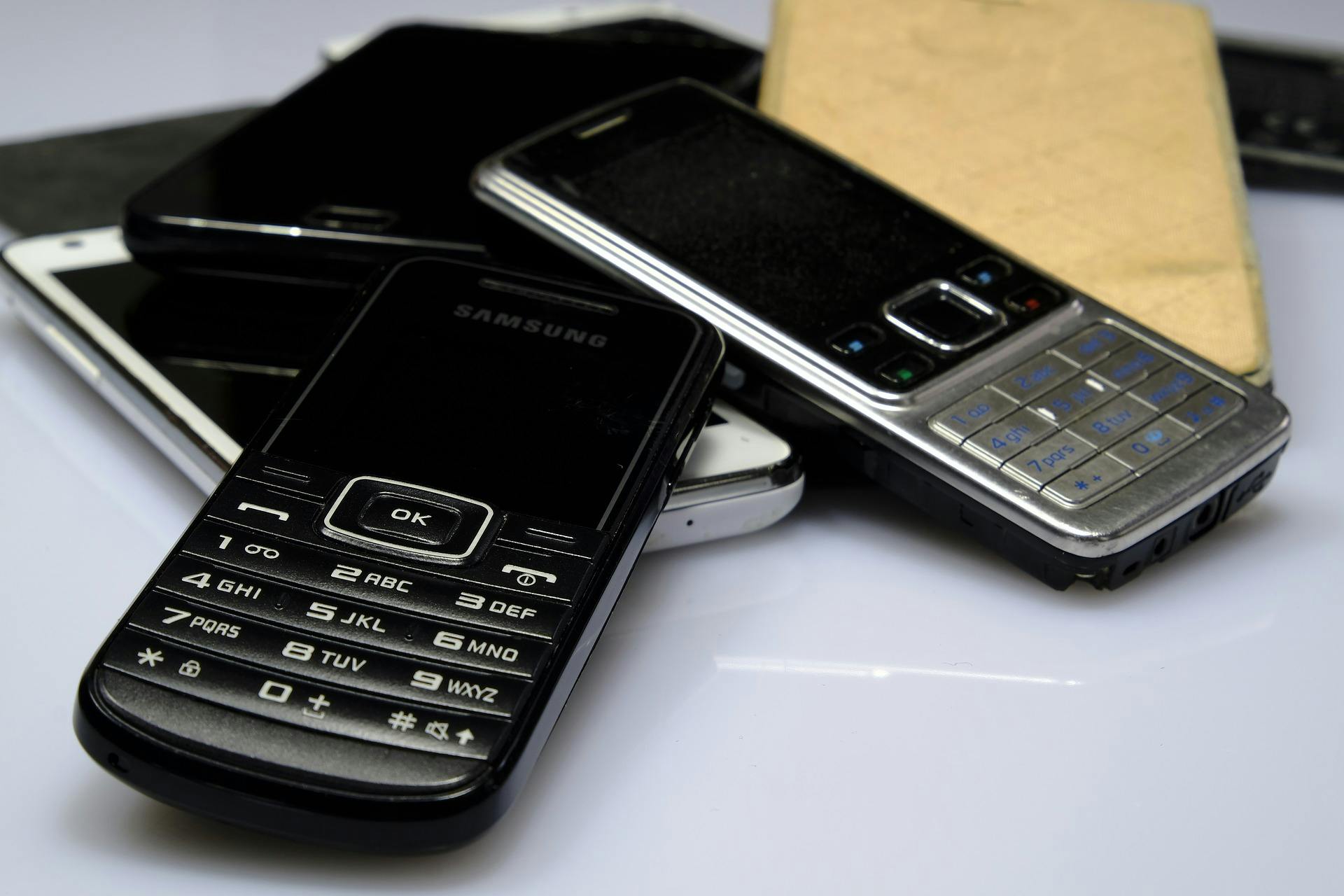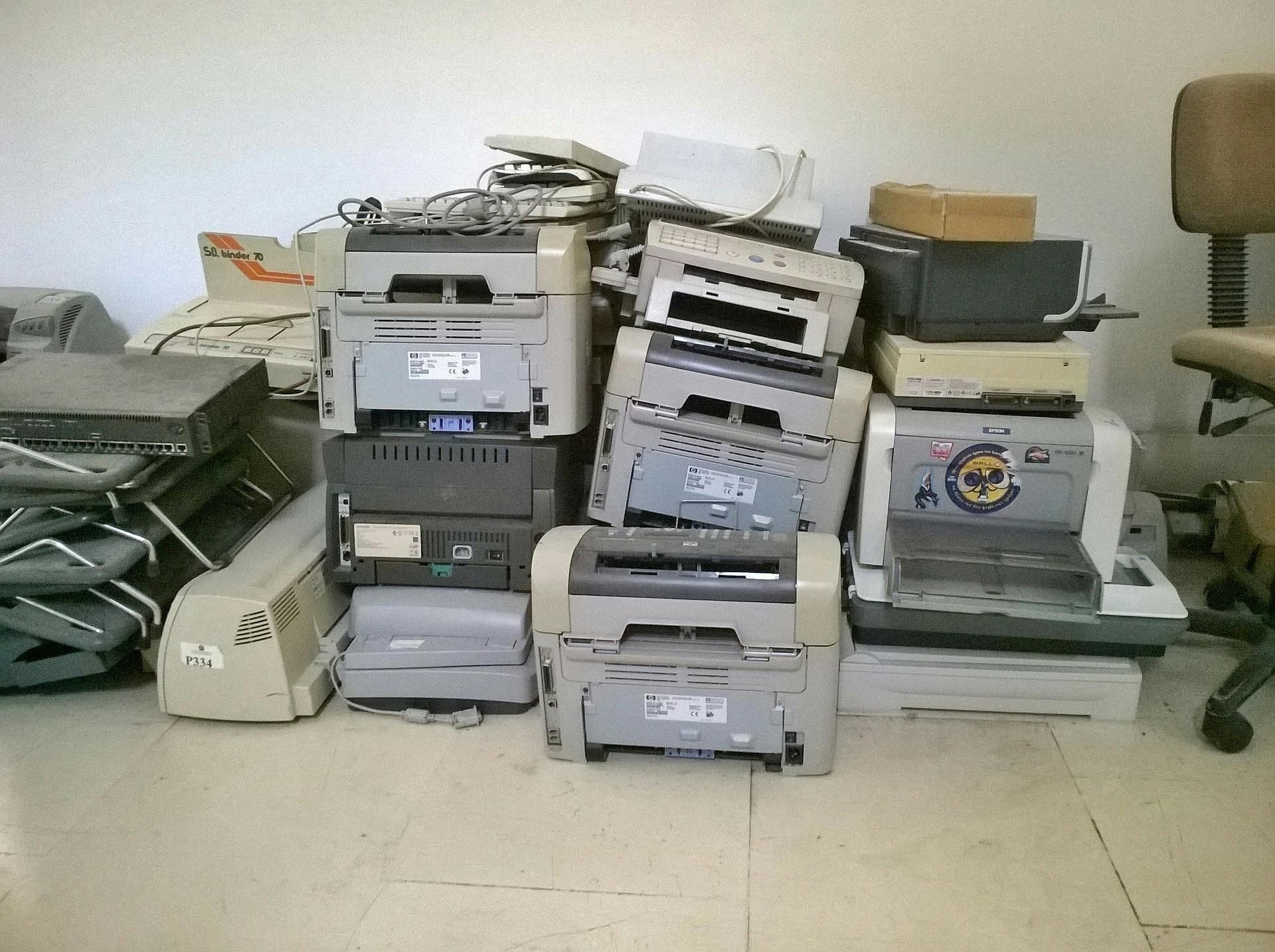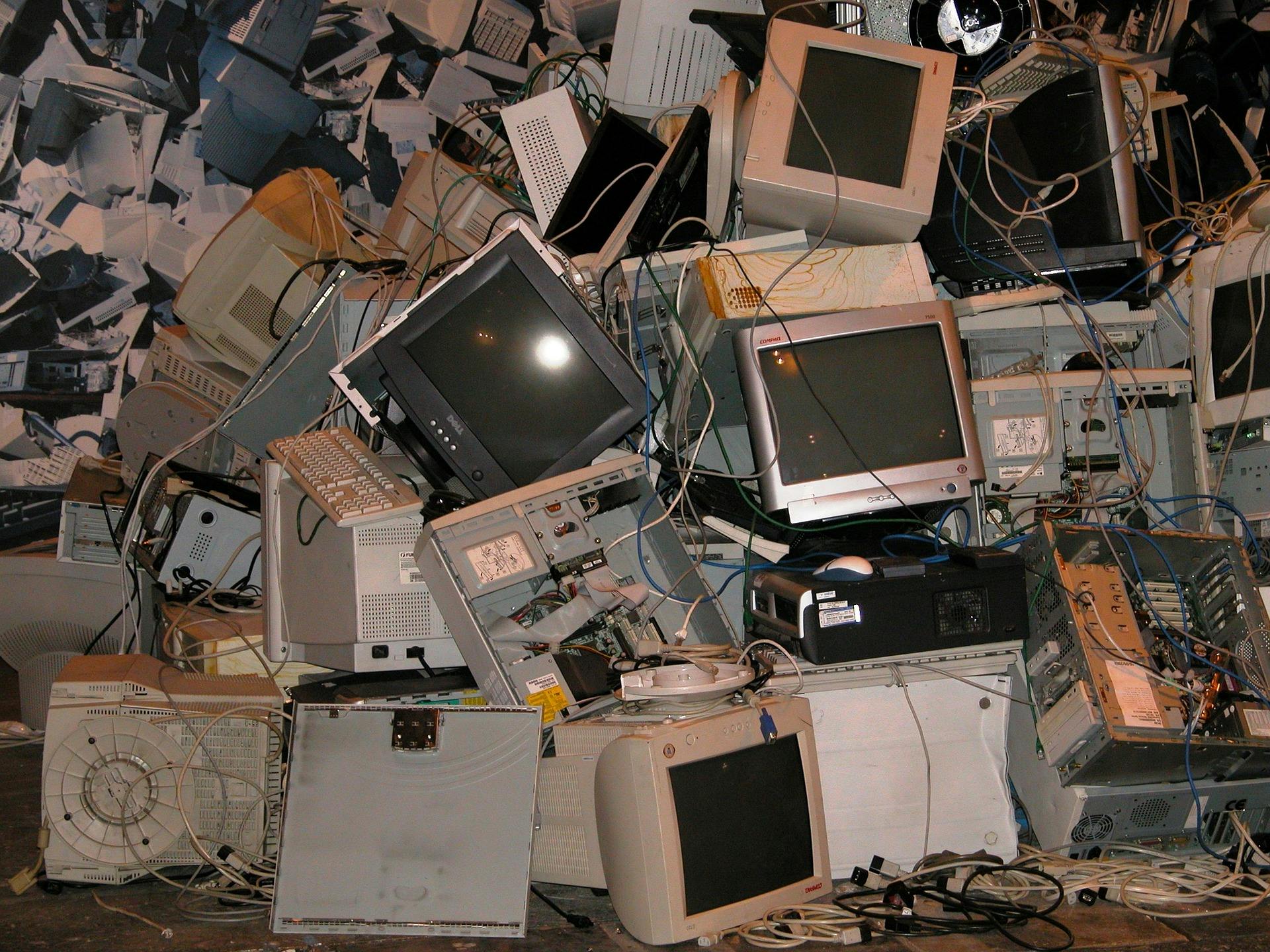As you likely already know, disposing of old electronics can be a pain. Today, you can’t simply throw your electronic waste (e-waste) out with the trash. Pennsylvania has specific rules and regulations regarding proper e-waste disposal.
While these rules can be a pain for the average person, they can pose even bigger problems for businesses. Businesses aren’t often only getting rid of a single computer or monitor. Instead, you may need to dispose of 10 or more computers when the time comes to upgrade your technology.
But, why is the proper disposal of e-waste so important? Why does it matter for your business? And, most relevant of all, how can you go about doing it in the proper way? Those are the questions we’ll be answering in this article.
Why Responsible E-Waste Disposal Matters

According to Statista, e-waste is the fastest-growing type of waste in the world. The United Nations also reported that in 2016, the world generated 49 million tons of e-waste. And that same report found that an estimated 80% of e-waste isn’t properly disposed of.
But, why does this matter?
Electronic waste that isn’t separated from landfill trash can be dangerous. It can be dangerous to trash collectors and landfill workers. And it can be dangerous to the environment and future generations.
Modern electronic devices contain a variety of harmful materials. Heavy metals, toxic substances, and volatile organic chemicals are just a few.
As your old electronics break down, these materials get released into the environment. They leach into the soil and can make their way into our rivers via groundwater.
Many electronics also contain batteries, which can lead to more immediate harm. If a device with batteries makes its way into a trash compactor, it can ignite. This puts workers at risk of harm and releases toxic fumes into the air.
Now, consider how this information can benefit your business. When choosing who to work with, many people look at a business’ stance on environmental issues.
If you can confidently say that your business disposes of its waste in a responsible manner, that can go a long way. And if you’re striving to have a net-zero carbon footprint, proper e-waste disposal is vital.
Electronic Waste Laws in Pennsylvania

Pennsylvania has laws in place to limit the environmental impact of e-waste. Specifically, there’s the Covered Device Recycling Act (CDRA). It applies to computers, monitors, keyboards, printers, TVs, hard drives, and similar products.
The CDRA forbids the disposal of covered devices unless submitted to certain sites. These include manufacturer collection sites and approved recycling sites that accept such devices. Not every recycling site accepts covered devices.
Another issue is that many manufacturer sites will only accept working electronics. So, if you have electronics that no longer work, it can be even harder to recycle them.
Sometimes, local municipalities will also host electronic recycling drives. If your business has a limited number of old devices to dispose of, this can be a viable option. But, connecting directly with a recycling site is ideal if you have many old devices.
This is one reason why partnering with a managed service provider like ITSG is key. We can help coordinate the disposal of your e-waste in the Philadelphia area. Whether you only have a few old electronics or an entire storage room full, we’ll work with you to recycle them.
Reduce Your E-Waste Output

What’s better than properly recycling your business’ e-waste? Reducing the amount of electronic waste your business produces! Not only is it surprisingly easy to do, but it can even save your business money in the long run.
The simplest way to reduce your e-waste output is to maintain your electronic devices. With proper maintenance, computers, printers, and other devices can last much longer. Why spend a large amount of money to replace your devices when you could spend a relatively small amount to keep them in good shape?
Sometimes, businesses also feel the need to upgrade to newer devices simply because their current hardware is now seen as “outdated.” But, oftentimes, even older hardware can be made compatible with the latest software.
In general, it’s cheaper to install new software on old hardware than to purchase new hardware. As the saying goes, “If it ain’t broke, don’t fix (or in this case, replace) it.”
Conclusion
It’s not always easy to dispose of old monitors, laptops, hard drives, keyboards, and similar items in Pennsylvania. This has been the case ever since the CDRA was passed into law. But, disposal isn’t always the only option.
By partnering with an experienced IT services team, you can extend the lifespan of your current technology. And in doing so, your business can save money, reduce its waste output, and have a positive impact on the environment.
ITSG Is Your Local IT Partner
IT Services Group provides a variety of IT support services ranging from Total Care IT Management to Infrastructure wiring for businesses in the greater Philadelphia area. And as an IT services provider, we understand how difficult it can be for businesses to recycle their old electronics.
We know how important environmental friendliness is to our clients and their clients. And this is why we take steps to reduce the amount of your electronics that end up in a landfill before their usable life is over.
Contact ITSG today to learn more about how we can help you get the maximum life out of your electronics, and how we can help you find recycling options once that usable life has been exhausted. Decrease the impact your old electronics have on both the environment and your bottom line.
